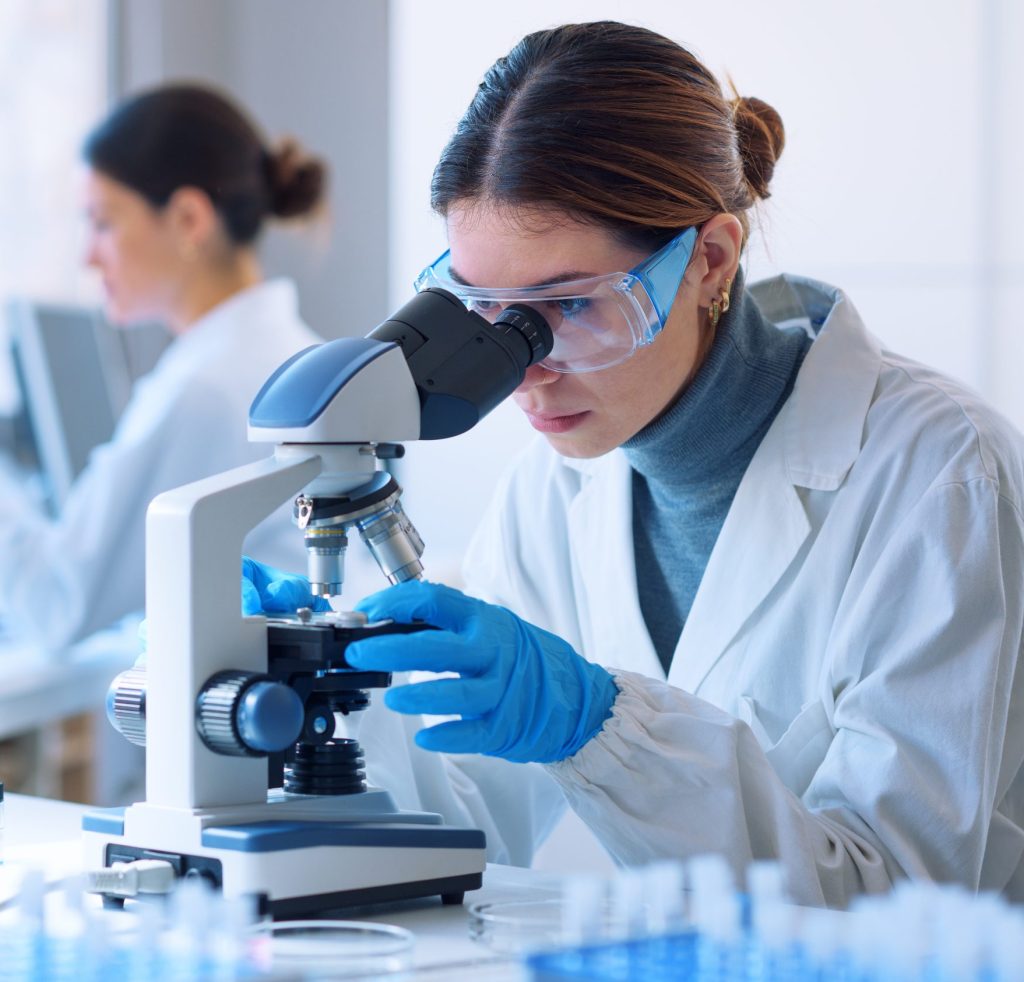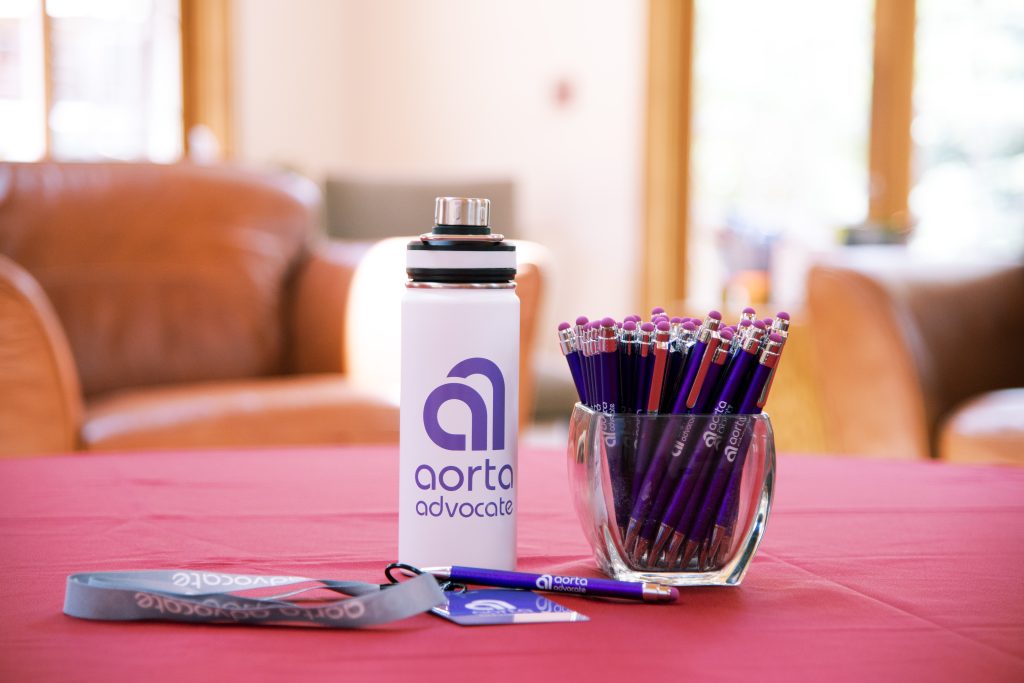Australia and New Zealand
The John Ritter Foundation has joined with local partners to create resources and awareness, as well as advocate for aortic disease patients and families in Australia and New Zealand.
Australian Resources
Every day six Australians suffer from a thoracic aortic disease event such has dissection or need for major surgery. Every day an Australian will die from thoracic aortic disease. 1 in 5 sufferers are aged under 50 years and even individuals in their teenage years and twenties are affected.
Genetic Alliance Australia (GA) endeavours to facilitate contact between families/individuals affected by the same, or similar condition, and/or provide information about relevant support groups both nationally and internationally. GA also deals with enquiries about services and facilitates ongoing support for individuals, families, health professionals and other interested groups. GA has an extensive rare disease database representing 1400 conditions and over 3500 individuals and families affected by genetic conditions.
In Australia genetic information, which includes your personal medical history and results of genetic tests and information about the health of your parents, children, brothers and sisters can have implications for life insurance policies. Read more here.
The Human Genetics Society of Australasia was formed in 1977 to provide a forum for the various disciplines represented under the title of Human Genetics.
New Zealand Resources
Genetic Alliance Australia (GA) endeavours to facilitate contact between families/individuals affected by the same, or similar condition, and/or provide information about relevant support groups both nationally and internationally. GA also deals with enquiries about services and facilitates ongoing support for individuals, families, health professionals and other interested groups. GA has an extensive rare disease database representing 1400 conditions and over 3500 individuals and families affected by genetic conditions.
In Australia genetic information, which includes your personal medical history and results of genetic tests and information about the health of your parents, children, brothers and sisters can have implications for life insurance policies. Read more here.

Research
The John Ritter Research Program in Aortic and Vascular Diseases and the Montalcino Aortic Consortium are both open to participants in all countries including Australia and New Zealand.

Our Aorta Advocate program is a resource for patients and family members worldwide. You can connect by email or video conferencing (e.g. Zoom) with a trained volunteer who has personal experience with thoracic aortic disease. Rather than advocate for you, they will empower you to advocate for yourself using your shared connection.

